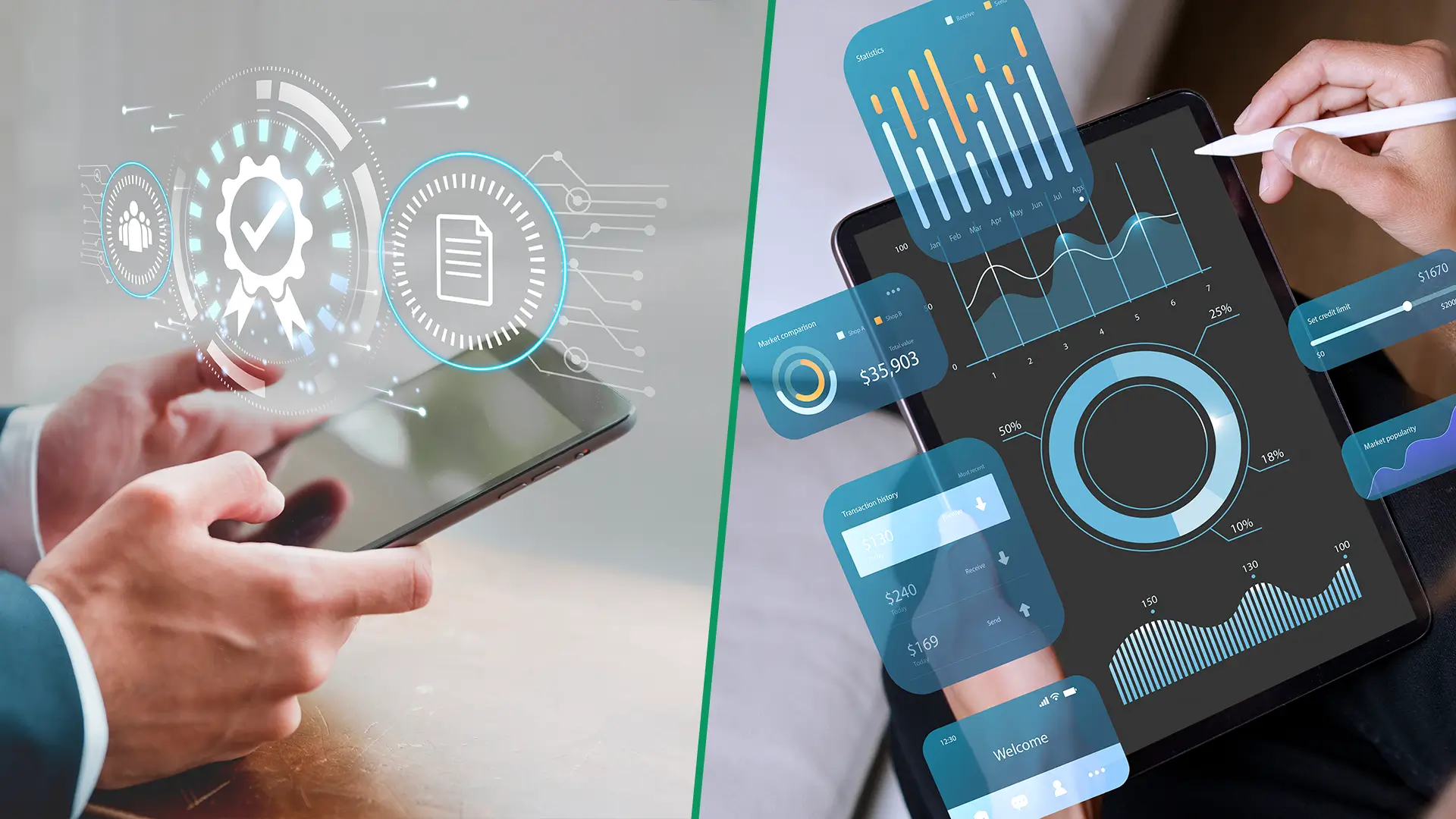AI-Powered Key Takeaways
Anyone who develops or QAs applications knows that choosing the right mobile app testing services is vital for agile software development. Surprisingly, mobile applications (or mobile apps) are not small applications anymore. They are in their golden period of adopting more progressive and composite applications.
In such a technologically enabled environment, choosing the best mobile app testing services to ensure your company and corporate values are aligned has become a critical topic of discussion.
A comprehensive guide for outsourcing mobile app testing services will tell you everything you need to know. It will answer all your questions regarding expenses, challenges, best practices, and cost-saving tips necessary for a successful outsourcing experience.
Why is Mobile App Testing Important?
Multiple companies are already booming in the mobile apps business. They are struggling for the top spot in app downloads.
At the same time, a lot believe that the success of mobile apps depends on the kind of program and its capabilities. But in fact, the actual differentiation between a mobile app that goes viral and one that does not is its performance.
Your users may not use your app more than once despite your promises if it has not been appropriately tested and has problematic functionality. In contrast, even the most simplistic applications tested by a reliable service provider could be profitable for your company if it operates flawlessly.
Most software companies have already identified the importance and significance of investing in mobile app testing services to deliver accurate and faster results. Therefore, in the long run, mobile app testing services guarantee that an app offered through a marketplace is in excellent condition.
Different Types of Mobile Apps Testing
The mobile app market demands continuous security, quality, and usability of mobile apps. Mobile app testing services help you identify the imperfections of a mobile app solution and sharpen it for your end-users.
So, your organization must analyze various types of mobile app testing to discover the diverse perspectives while evaluating their app’s potential performance.
#1. Functional Testing
Functional mobile app testing is a type of testing that verifies that the app’s functionalities address the common objectives. Such testing centers mainly on the primary goal and flow of the mobile app. It confirms that the:
- Features meet the expected specifications.
- Apps are highly responsive.
- Apps are capable of launching and installing perfectly.
#2. Performance Testing
Likewise, performance testing is a fundamental mobile app testing type that evaluates an application’s speed, balance, and responsiveness under complex workload situations.
The main purpose of this testing variant is to guarantee that:
- The application and the performance goals align flawlessly.
- It presents the performance snags before going through the deployment phase.
#3. Localization Testing
Localization testing is an essential requirement for mobile apps, which points to a particular geographic reason.
It is critical to examine the mobile app for its responsiveness:
- To one specific language and associated cultural aspects of the concerned area
- In major regions like local currency and management of correct time zone, date and time formats
What are the Challenges Faced in Mobile App Testing?
If mobile application development has grown more relaxed, mobile devices and customer choices have also evolved with time. It raises a wall of challenges that app testers and developers have to face.
Here are some of the challenges of mobile app testing services and how to manage them:
#1. Multitude Mobile Applications
Problem: Most mobile applications include web and hybrid applications, each with its own set of challenges and testing approaches. We cannot simply execute a textbook standard solution for each of the variety of applications.
Solution: At HeadSpin, we design use-cases and plot different scenarios for mobile app testing according to the class of application you will deal with.
#2. Different Screen Sizes
Problem: Earlier, applications developed could resize themselves according to the mobile screen, but now it shows rescaling and element organization problems. It is not possible to test the mobile app for every screen size device.
Solution: Building the apps with a flexible, dynamic layout is vital to ensure the application runs smoothly on every screen size device. Whereas for web apps, you can check out HeadSpin’s cross browser testing tools to check the website’s responsiveness before going live.
#3. Mobile Network Issues
Problem: Mobile network bandwidth testing is a crucial step of the testing process, where the main challenge is that even the end-users on a slower network expect their application to work faster. Also, data communication is another critical challenge.
Solution: We suggest you test the application properly with different network bandwidths and closely observe the response time.
Also check: Types of mobile app testing and how to choose the right one for you
Best Practices for Mobile App Testing
Here are a few suggestions to overcome the challenges of choosing the right mobile app testing services for your business:
- Choose the right device to test: Which is the most common device? What version of OS can you support? Choose the suitable device for testing by examining the requirements and working of the apps.
- Know your app: Understand the functionality and system architecture beforehand. Consult documentation, business ideas, and app architecture if necessary.
- Consider real environments: Weak network connections? Delays made by alarms, incoming calls, SMSs, and low battery notifications? For such test conditions, you should prefer using manual and automated testing.
- Execute performance-based tests: Consider the device’s processing power, disk space, and battery while running these tests.
Functional testing is important: Test your application on popular devices by performing a fully functional test and take care of all the specifications like compatibility tests for different platforms.
Recommended Post: 11 strategies that you can deploy for effective mobile application testing
Conclusion
Mobile app testing is not an easy step in the application development process. Rather, it is a roadmap for the success of the application itself. Selecting an outsourcing provider with experience relevant to your business is desirable to stay ambitious and competitive in this industry.
Hence, when it comes to mobile apps testing services, many organizations lack a robust testing approach. Following best practices in testing, one can eliminate many potential challenges that your application might encounter in the future.
FAQs
1. What is sanity testing?
Ans: Sanity testing is a subset of functional testing. Sanity tests ensure that the updated codes are working correctly. The focus of the testing team during sanity tests is to validate the application's functionality and not detailed testing. Sanity testing is generally performed on a build where the production deployment is required immediately, like a critical bug fix.
2. What is a test case runner?
Ans: A test case runner is a software tool that allows mobile apps to be tested. Test runners act as an environment that represents both the device and end-users. A near-exact simulation of the user environment is created, and the app’s functionalities are tested as if a user was using the device. It helps determine whether the application is ready for launch.
3. Is API testing a part of functional testing?
Ans: Yes, API testing is a part of functional testing. It is a type of functional testing that validates Application Programming Interfaces (APIs). The primary purpose of the API test is to check the programming interfaces' functionality, reliability, performance, and security.
4. Can the HeadSpin Platform test an app's real-time audio playback and microphone quality?
Ans: Yes, the HeadSpin Platform can help check and measure the audio quality of speech-enabled apps and audio streaming. It can also monitor the app’s audio experience in real-time.


























.png)

























-1280X720-Final-2.jpg)






